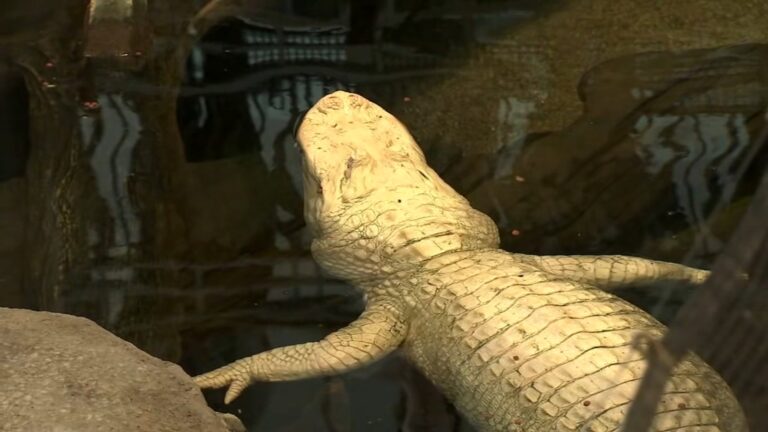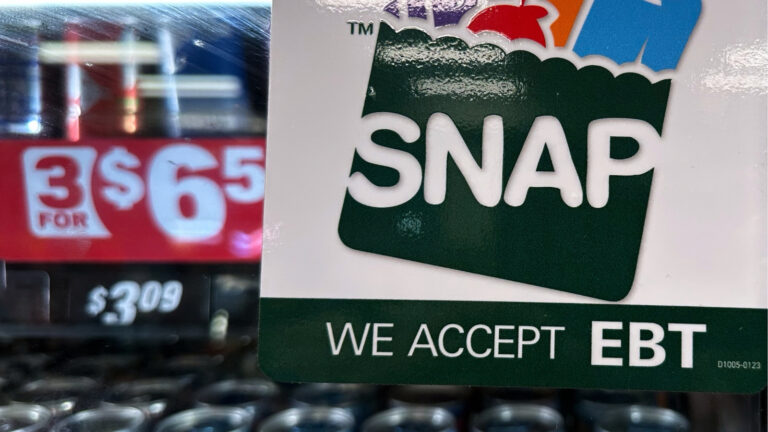
SAN FRANCISCO (KGO) — We all love our matcha lattes, but the spike in matcha popularity and U.S. tariffs are making it harder and more expensive to get that popular green powder from Japan.
There’s no denying the “matcha boom” in the last two years. Matcha-flavored desserts and drinks are just about everywhere you like.
According to data from the Trade Statistics of Japan Ministry of Finance, 78% of all powdered green tea exported from Japan — which includes matcha powder — went to the U.S. in 2024.
Like anything that comes with high demand, there’s also going to be a higher price tag.
“I think it’s the quality of the goods, the culture itself and the Internet contributing to it being more widely spread,” said Kate Yim, a tourist in San Francisco visiting Maruwu Seicha in San Francisco’s Japan Center.
MORE: US tariff exemption for small orders ends Friday | Why it’s a big deal to shoppers and businesses
Yim tried three different matcha-inspired items: the latte, the soft serve and the cheese tart. She said she appreciated the nuanced bitterness of matcha flavors.
Anne Matsuno owns Kissako Tea, a kiosk also at the Japan Center. She used to sell cans of matcha powder, but stopped recently due to increased demand and pricing. Now, her kiosks only serves authentic matcha tea. With U.S. tariffs on Japanese exports and climate impacts on crops in Japan, Matsuno expects her September shipment of matcha to cost three times her usual price.
“Due to the shortage, we were actually (out) for about a month. We couldn’t even receive our shipment of regular matcha to serve the customers,” Matsuno said.
The Tea House at the Japanese Tea Garden in San Francisco serves matcha tea daily, and so far isn’t seeing any impacts. However, tea stores like ChaTo and Asakichi are seeing the highest price increases in decades. Sunny Endo-Benus has worked at Asakichi, a tea store, for about seven years. He also studies and practices the art of Japanese tea, while teaching Japanese language and culture. Shipments to the shop used to come in two-week cycles.
“We don’t know when or how much we can get now,” said Endo-Benus.
MORE: Community seeks funding to save SF Japantown’s Kinmon Gakuen, an important piece of city’s history
A 40 milligram can, for example, now costs $26, but it used to be $22.
“Now, it’s too crazy,” Endo-Benus said, chuckling in disbelief, attributing the popularity to younger generations who are learning about matcha on the internet and social media platforms like TikTok.
While tea experts like Endo-Benus appreciate the trendiness, they also hope consumers can learn more about the culture, the history, and at least try the authentic way of drinking matcha tea.
“It’s kind of nice. People interested in Japanese things,” said Endo-Benus. “Many people are kind of misunderstanding.”
One of Endo-Benus’s tea students agrees.
“Asakichi’s owner, he was getting kind of antsy because things were being sold to make lattes,” said Kaoru ‘Nancy’ Seino, who is part of Omotesenke, a school of Japanese tea. “So whenever he sells something expensive, he always tells them: ‘Promise that you’ll make one cup of tea — regular tea. Drink that before you make your latte, please.”
Copyright © 2025 KGO-TV. All Rights Reserved.

Duncan Meyers, founder of BDJOBSTODAY, shares expert career advice, job market insights, and practical tips to help professionals grow and succeed in their careers.



